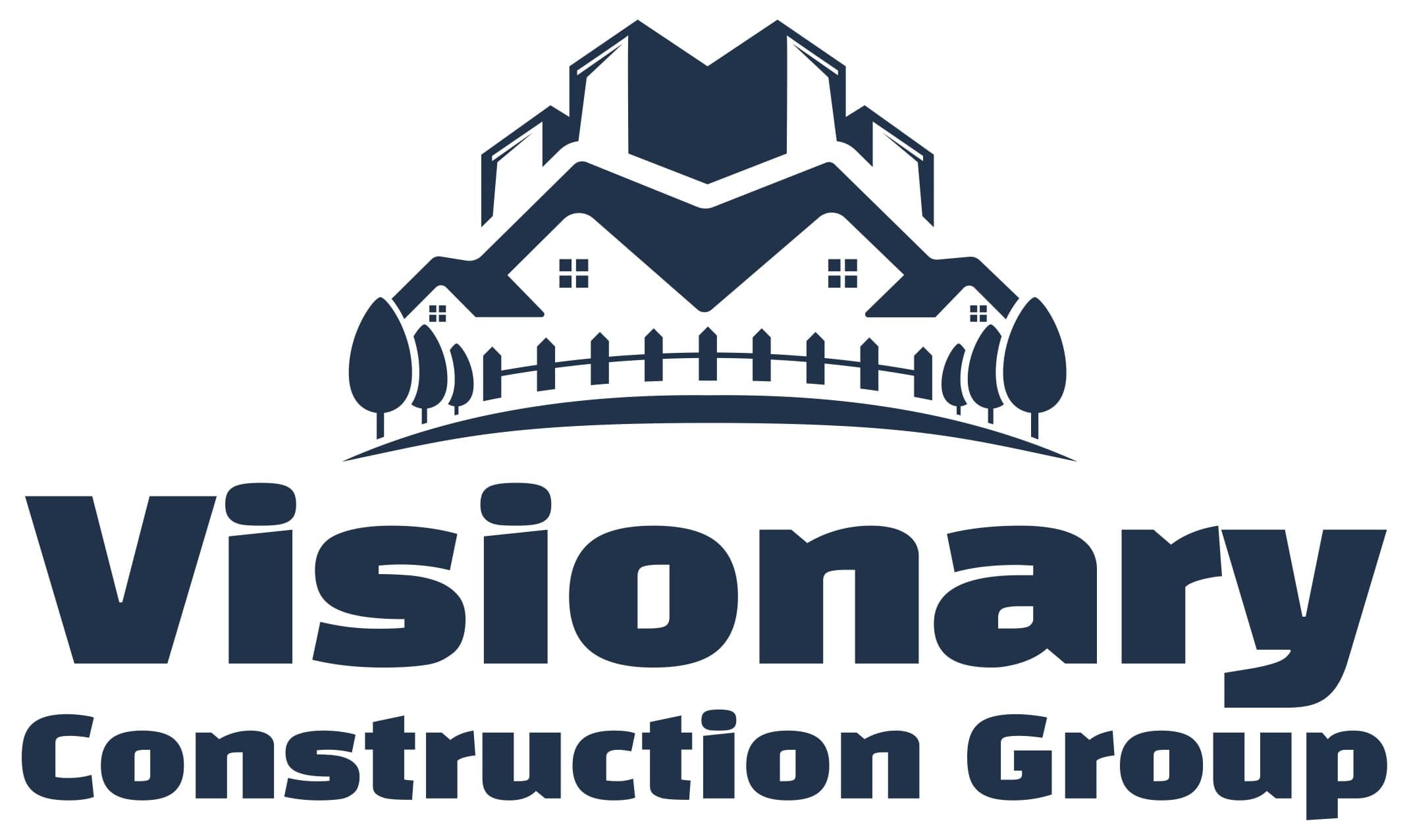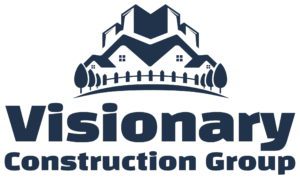Imagine returning home after a long day, craving peace, only to be greeted by traffic, noisy neighbors, or even the hum of household appliances. Sound familiar? Achieving a tranquil home environment can be challenging in our increasingly noisy world. This is where soundproofing comes into play. Soundproofing isn’t just for recording studios or theaters; it’s vital to creating a peaceful, stress-free living space. In this article, we’ll explore the importance of soundproofing and how it can transform your home into a serene sanctuary.
Understanding Soundproofing: The Basics
What Is Soundproofing?
Soundproofing refers to reducing or eliminating sound transmission from one area to another. It involves using various materials and techniques to block, absorb, or dampen sound waves, ensuring that unwanted noise is kept in a specific space. Unlike sound absorption, which focuses on improving the acoustics within a room, soundproofing is all about preventing noise from entering or leaving.
How Sound Travels in a Home
To effectively soundproof your home, it’s essential to understand how sound travels. Sound waves move through the air and can penetrate walls, floors, ceilings, and even windows and doors. Hard surfaces like glass, tile, and wood can reflect sound, causing it to bounce around a room and amplify noise levels. Conversely, soft materials like carpets, curtains, and furniture can help absorb sound, reducing its impact.
The Difference Between Soundproofing and Sound Absorption
While the terms are often used interchangeably, soundproofing and sound absorption serve different purposes. Soundproofing aims to block or reduce the amount of sound that passes through a barrier, whereas sound absorption focuses on minimizing echo and improving sound quality within a room. Both are important in creating a quiet, comfortable home, but understanding the difference can help you choose the right approach for your needs.
Benefits of Soundproofing Your Home
Enhanced Privacy
One of the most significant benefits of soundproofing is enhanced privacy. Soundproofing can prevent outside noise from intruding on your personal space, whether in a bustling city apartment or a suburban neighborhood. It also works in reverse, ensuring that conversations, music, or other sounds within your home don’t disturb your neighbors.
Improved Sleep Quality
Noise is one of the biggest disruptors of sleep, and poor sleep can lead to a host of health issues, including stress, anxiety, and decreased cognitive function. Soundproofing your bedroom can create a quiet, peaceful environment that promotes better sleep and overall well-being. By blocking out external noises like traffic or barking dogs, you’ll find it easier to fall asleep and stay asleep throughout the night.
Reduced Stress and Anxiety
Constant noise exposure can contribute to increased stress levels and anxiety. A soundproofed home provides a haven from the outside world, allowing you to unwind and relax without the constant bombardment of external sounds. This tranquil environment can significantly improve your mental health and overall quality of life.
Better Focus and Productivity
Soundproofing is essential for maintaining focus and productivity if you work from home or have a home office. Unwanted noise can be a significant distraction, decreasing concentration and efficiency. Soundproofing your workspace ensures you can work safely, free from household noise or outdoor commotion interruptions.
Key Areas to Focus on When Soundproofing
Walls and Ceilings
Walls and ceilings are the primary areas where sound can travel between rooms or from outside. Effective soundproofing in these areas is crucial for creating a quiet home.
Using Insulation and Acoustic Panels
Installing insulation within your walls and ceilings can significantly reduce sound transmission. Acoustic panels, designed to absorb sound, can be added to walls to dampen noise further. These panels come in various designs and can even enhance the aesthetic appeal of your home.
Resilient Channels and Soundproof Drywall
Resilient channels are metal strips that decouple drywall from the studs, reducing the amount of sound that can pass through walls. When combined with soundproof drywall, which is denser and more effective at blocking sound, this method provides a highly effective soundproofing solution for walls and ceilings.
Floors
Floors can be a significant noise source, particularly in multi-story homes or apartments. Soundproofing your floors can prevent noise from traveling between levels or from neighboring units.
Carpet and Underlayment
Carpeting is one of the most effective ways to reduce noise from footsteps and other impact sounds. Adding a thick underlayment beneath the carpet provides an additional sound insulation layer, making it even more effective.
Soundproof Floor Mats
Soundproof floor mats are another excellent option, especially for homes with hard flooring like tile or wood. These mats are designed to absorb impact sounds and reduce noise transmission, making them ideal for use in bedrooms, offices, or living areas.
Windows and Doors
Windows and doors are often the weakest points regarding soundproofing, as they can allow a significant amount of noise to enter your home.
Double-Glazed Windows
One of the most effective ways to reduce noise is to replace single-pane windows with double-glazed windows. Double-glazed windows have two layers of glass with an insulating layer of air or gas in between, which helps to block sound transmission.
Sealing Gaps and Installing Door Sweeps
Even the most minor gaps around windows and doors can let in a surprising amount of noise. Sealing these gaps with weatherstripping or caulking can make a big difference. Additionally, installing door sweeps on the bottom of doors can help prevent noise from leaking through gaps at the base.
Common Soundproofing Materials and Techniques
Acoustic Panels
Acoustic panels are among the most popular soundproofing materials. They are typically made from foam or other sound-absorbing materials and can be mounted on walls or ceilings to reduce echo and dampen noise.
Mass Loaded Vinyl (MLV)
Mass-loaded vinyl (MLV) is a dense, flexible material that can block sound transmission to walls, floors, or ceilings. It is particularly effective because it adds mass to the structure, making it more difficult for sound waves to pass through.
Soundproof Curtains and Blinds
Soundproof curtains and blinds are designed to block out noise while providing privacy and light control. These window treatments are made from thick, heavy fabrics that absorb sound, making them an excellent addition to any room where noise is a concern.
Weatherstripping and Caulking
Weatherstripping and caulking are simple yet effective methods for sealing gaps around windows and doors. By preventing air (and therefore sound) from passing through these gaps, you can significantly reduce noise levels in your home.
DIY Soundproofing vs. Professional Installation
When to Consider a DIY Approach
DIY soundproofing is a good option if you’re on a budget or enjoy tackling home improvement projects. Simple tasks like installing weatherstripping, adding rugs, or hanging soundproof curtains can be done without professional help. However, having the right skills and tools for more complex projects like installing soundproof drywall or resilient channels is essential.
Benefits of Hiring Professionals
Hiring professionals is often the best choice for larger or more complicated soundproofing projects. Professional installers have the expertise and equipment to ensure your soundproofing is done correctly and effectively. They can also provide advice on the best materials and techniques for your specific needs, saving you time and potential frustration.
Case Studies: Successful Home Soundproofing Projects
Case Study 1: Soundproofing a Home Office
In this case study, a homeowner needed to soundproof a home office to create a distraction-free work environment. The office was transformed into a quiet, productive space by installing acoustic panels on the walls and ceiling, adding a thick carpet with underlayment, and sealing gaps around the windows and door.
Case Study 2: Creating a Quiet Bedroom Sanctuary
A couple living in a noisy urban area wanted to create a peaceful bedroom sanctuary. They achieved this by installing double-glazed windows, adding soundproof curtains, and using soundproof floor mats. These changes significantly reduced the noise levels, allowing for a better night’s sleep.
Case Study 3: Transforming a Basement into a Home Theater
A family wanted to convert their basement into a home theater without disturbing the rest of the house. They used resilient channels and soundproof drywall for the walls and ceiling, installed soundproof floor mats, and added acoustic panels to control sound within the theater. The result was an immersive theater experience without the noise spilling into other parts of the home.
Conclusion: Achieving peace in Your Home
Soundproofing is essential to creating a tranquil home environment. Soundproofing can significantly improve your quality of life if you’re looking to enhance privacy, improve sleep, reduce stress, or increase productivity. By focusing on critical areas like walls, floors, windows, and doors and using suitable materials and techniques, you can transform your home into a peaceful sanctuary where you can truly relax and recharge.
FAQs
What is the most effective material for soundproofing a room?
Mass-loaded vinyl (MLV) is one of the most effective soundproofing materials. It adds mass and density to walls, floors, or ceilings, effectively blocking sound transmission.
Can I soundproof my home without major renovations?
Yes, many soundproofing techniques, such as adding rugs, hanging soundproof curtains, and sealing gaps around windows and doors, can be done without significant renovations.
How much does it cost to soundproof a home professionally?
The cost of professional soundproofing can vary widely depending on the size of the project and the materials used. On average, homeowners can expect to pay between $1,000 and $5,000 for professional soundproofing services.






